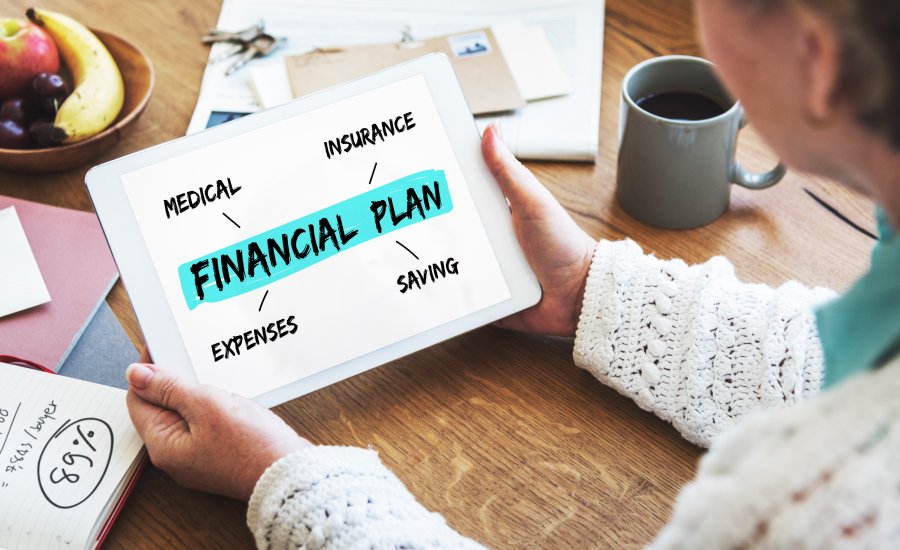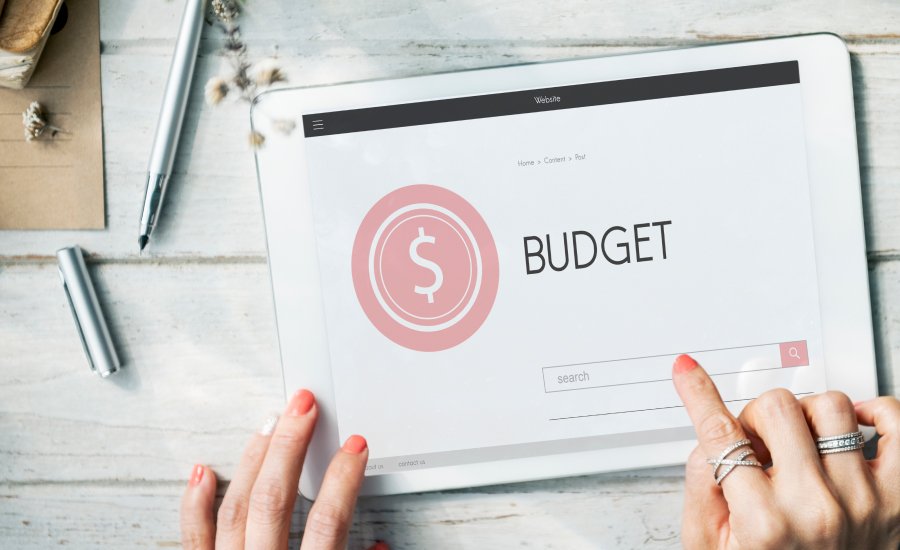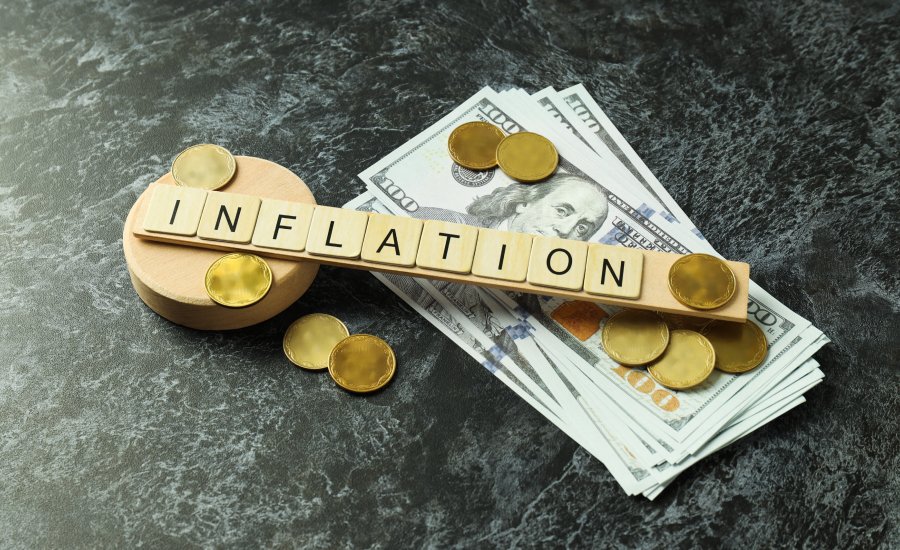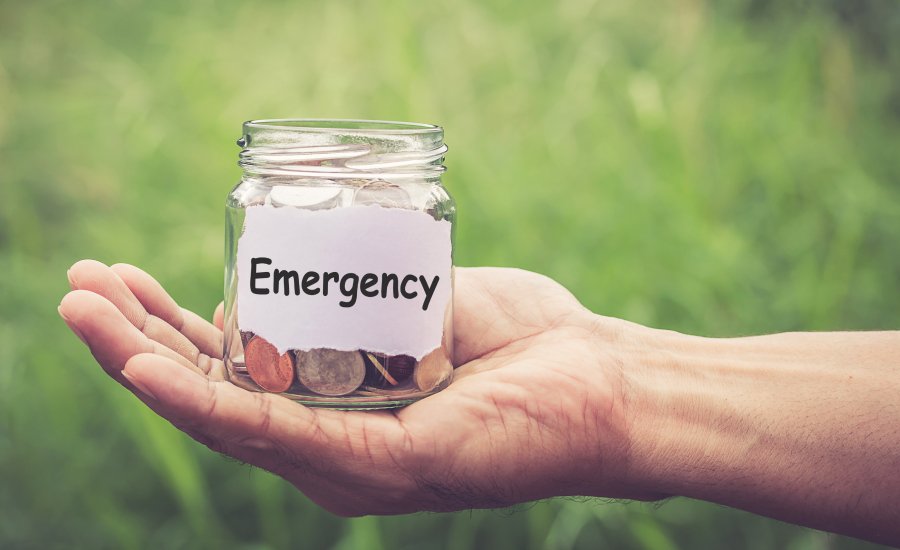Newsroom
Ways to Improve Your Personal Finances

- Oxcel Finance
- December 30, 2023
To enhance your personal finances, you do not require extremely high-paying work or a payout from a friend. Often, people can cut back on expenses, increase their investment capacity and help to accomplish previously unattainable financial targets.
Know that when there is no path to escape the complex financial condition, there are always numerous ways to improve your circumstances.

Ways to Improve Your Personal Finances
To get you started, here are the top 5 ways to improve your personal finances.
Make A Budget and Follow It Down
Make sure that your expenses are thoroughly thought out. You can utilise offline or online money management solutions to maintain your money. You can install many money management and budgeting tools on your smartphone and keep track of your expenses.
Conduct regular analyses and evaluations of the net worth. Understanding your net worth can enable you to assess your current financial situation. Your net worth may occasionally vary due to market turbulence. But do not be intimidated by it.
Maintain a record of the finances so you can assess your financial progress and identify the areas that require improvement. Organize your accounts to identify and prioritize your costs. Sort your spending into other categories, such as utility, investments, travel, dining, lodging, and education.
Your financial literacy will improve as a result of this activity. After paying all the bills, choose how to utilize it effectively if any money is left over.
Have a saving goal
Always keep some cash on hand for unplanned expenses. As soon as you can, start saving money for your future. No one can ever predict the path your life will follow.

Be ready for the direst situation at all times. Keep in mind that t our earnings can be reinvested to aid in saving. If you make long-term investments, the rewards are much more significant. So, try to start saving early and let the compound interest do its magic.
Keep records of the provident funds if you have a monthly income from a job role. Keep checking your balance at least once every month.
A good rule of thumb is to set a saving percentage you are comfortable with and deposit it into your saving account the first day you get your salary. And what you have left over would be your monthly expenses. Being proactive about saving can get you away from the most challenging situations when push comes to shove.
Be Mindful About Your Lifestyle Inflation
You are likely to spend more money as you earn more of it. Most people typically adhere to this pattern, known as lifestyle inflation. Spending too much puts your long-term assets at risk.

You might be enticed to dine in upscale establishments when other folks are. But in the long run, this will cost you more money than you think.
Your social and professional lives would improve as you started making more money. But being too lavish every time you get a big paycheck will jeopardise your career.
Needs Vs. Wants
Knowing the distinction between your desires and necessities is valuable, especially if you have little cash to spend. This will eventually help you make wiser financial decisions.
Needs are things you need to exist, including food, clothes, vehicle, medicine, and housing. Plenty of people also list saving as a need, whether it's 10% of their salary or how much people can manage to set down each month.
However, wants are things you'd like to have but don't necessarily need to survive.
It might be challenging to divide spending into requirements and wants correctly. When drawing this distinction, these lines frequently get hazy in the minds of many.
You’ll often use the excuse of a need to justify an unnecessary or excessive buy. An excellent illustration of this occurs while getting an automobile. You might want a car to run errands, transport children to college, and commute to work.
In such circumstances, you may be tempted to buy significant brands that cost significantly more than affordable vehicles. You'll also pay more for gas if you drive a luxury car.
Even if you try to justify getting an SUV, it will still be a desire. An SUV costs more than a more cost-effective vehicle, which is money you could have saved.
Keep For an Emergency Fund
An emergency saving is money allocated in the event of an actual emergency.
The main goal of an emergency fund is to cover unforeseen costs not covered by your monthly budget, such as auto repairs or a last-minute trip to the doctor.

If your earnings are disrupted, as in when you become ill or wounded and are unable to work or even when you are fired from your stable job, this fund will have your back.
The emergency fund should typically contain three to six months' equivalent of living costs. Most people actually need less money to pay critical expenditures than this to avoid losing their job.
Final thoughts
To succeed financially, you must know about personal finance. The awesome thing is that you can properly manage your money without a fancy degree.
Keep looking at the big picture, and cultivate behaviours that will help you make wiser financial choices and maintain better financial performance. Also, follow these five ways to improve your finances.
Stay tuned for more updates.



































































































































